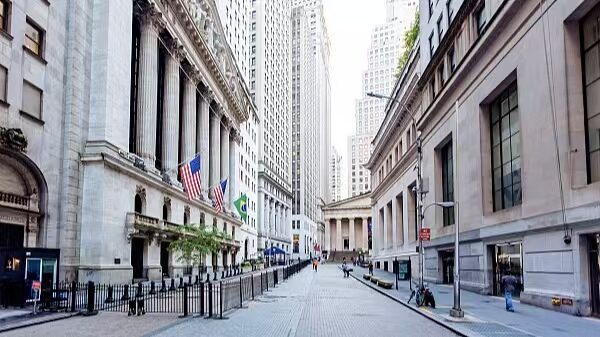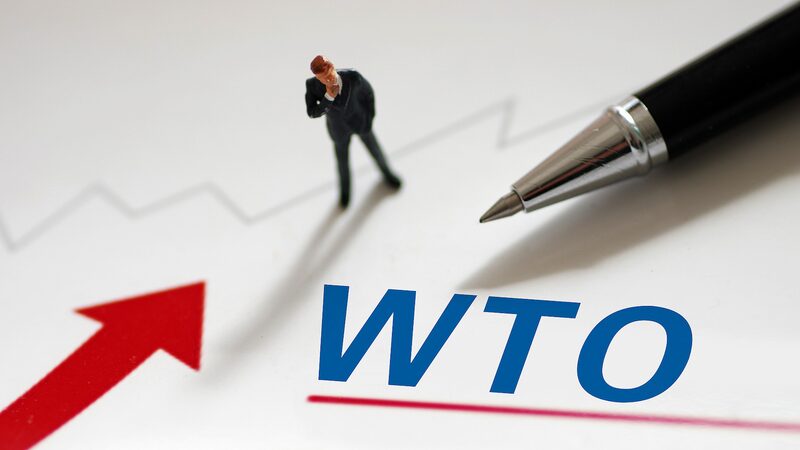🚨 Why does the U.S. cling to its “market economy” title while critics accuse it of undermining global trade rules? A provocative analysis by Liu Zhiqin, senior researcher at Renmin University of China’s Chongyang Institute, is sparking fresh debate about America’s economic identity.
From ‘Atypical’ to ‘Non-Market’: A Five-Year Backslide?
Liu first labeled the U.S. an “atypical market economy” in 2019. Fast-forward to 2024, and he argues it’s slid further into “non-market” territory. Despite global hopes for reform, he claims the U.S. doubles down on “coercion, bribery, and unfair competition”—tactics more akin to a “market villain” than a leader.
🌐 Global Fallout: “Economic Policeman” or Instability Driver?
The critique hits hard: while positioning itself as the world’s economic referee, the U.S. allegedly “wreaks havoc” on global markets through “conspiracies, blackmails, and defamation.” Liu argues this disrupts supply-demand balance and undermines fair trade—a stark contrast to its self-proclaimed ideals.
💼 The Bigger Picture: Credibility Crisis?
With accusations of “petty tactics” and “shameless manipulation” by U.S. politicians, the article questions whether traditional market principles still guide American policy—or if short-term gains now trump long-term stability. This debate matters for young professionals and investors navigating an increasingly polarized global economy.
Reference(s):
Why does the U.S. continue to label itself as a "market economy"?
cgtn.com







